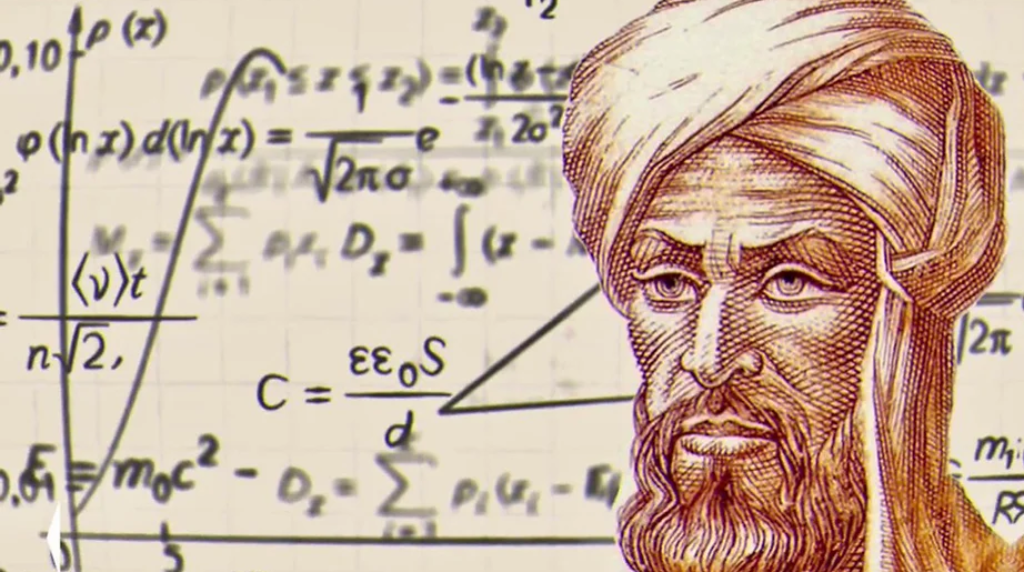The New Technological Era and Its Codeless Future
Explore how artificial intelligence and technological evolution are redefining programming. Discover the codeless future and its implications for education and technological development.
The News
Recently, Jensen Huang, CEO of NVIDIA, made a statement that resonated deeply in the tech world. He assured that the era of needing to program is coming to an end.
Furthermore, he stated that both children and adults should focus on learning other skills and re-skilling, respectively.
This statement, although provocative, touches on a critical point about the future of education and technological development.
A Bit of Historical Context
To address the complexity of this idea, it's necessary to break down two fundamental questions: What is programming really? and What is computing?
We live in a historical moment where we are just beginning to scratch the surface of computer science.
Let's go back in history to the origins of mathematics, a science that we now understand as the abstract study of objects and their relationships, such as numbers, geometric shapes, and functions.
But it wasn't always like this. Originally, mathematics was seen as a set of tools for calculating and enumerating, essential in everyday activities.
Historical figures like Al-Khwarizmi, who introduced algebra, and Euclid, known for his emphasis on logic, expanded our understanding of mathematics, taking it far beyond its immediate practical utility.

Moving forward in time, we have the invention of machines capable of performing mathematical calculations, such as those proposed by Babbage and Lovelace, which revolutionized our data processing capabilities.
Today, we have advanced calculators in almost everyone's pocket
Has mathematics disappeared?
Clearly not.
Instead, we have found new meanings and applications for it.
Current Reality
What's happening today with computing reflects this evolution. Computers, in relation to computing, are like calculators for mathematics: tools.
Computing, according to Hal Abelson, co-author of Structure and Interpretation of Computer Programs, is really about the study and execution of algorithms, their scope and limits, not about "computers".
Modern tools, such as those recently announced by NVIDIA, are redefining the landscape of computing and AI.
With platforms like Blackwell and the Hopper architecture, NVIDIA is proposing a new programming paradigm based on the integration of artificial intelligence models.
It is our job to create computing technology such that no one has to program; and that the programming language is human.
This statement by Huang doesn't suggest the end of programming but a transformation in how we interact with programming and computing technologies.
Implications
In this context, programming is better understood as the process of describing an algorithm: defining a problem and its solution in a finite and concrete set of steps.
The emergence of algorithms capable of generating and describing other algorithms, such as the popular code CoPilots, demonstrates the impressive evolution of our ability to solve problems efficiently and in an automated manner.
However, this doesn't mean the end of computer science or programming.
What we are witnessing is a divergence between tech-enabled companies and tech companies.
Tech-enabled companies will be able to increasingly rely on generative artificial intelligence and no-code to innovate in non-technological sectors.
These product companies will demand the work of professionals closer to the business, allowing them to leverage domain knowledge in increasingly powerful technologies.
The latter will delve into the development of new technologies, generative models, databases, and infrastructure.
These will need engineers more skilled in deeper areas of computer science, enabling them to innovate.
Conclusions
Jensen Huang's statement opens a crucial dialogue about the future of learning and technological development. Far from being a cause for alarm, it's a reminder of the constant evolution of the technology sector.
It reflects a future where continuous learning is fundamental.
In an upcoming blog post, I'll address the limits of generative artificial intelligence and the state of the art to overcome them.
Meanwhile, tell me,
What computer science knowledge do you think will be essential?
Which technologies do you think will be increasingly adopted?
Recommended Readings
- Brief Illustrated History of Machines and Mechanisms. Bautista Paz, et al.
- Structure and Interpretation of Computer Programs. Abelson et al.
- History of Mathematics: In the Last 10,000 Years. Stewart et al.
Comments
(0)Loading comments...